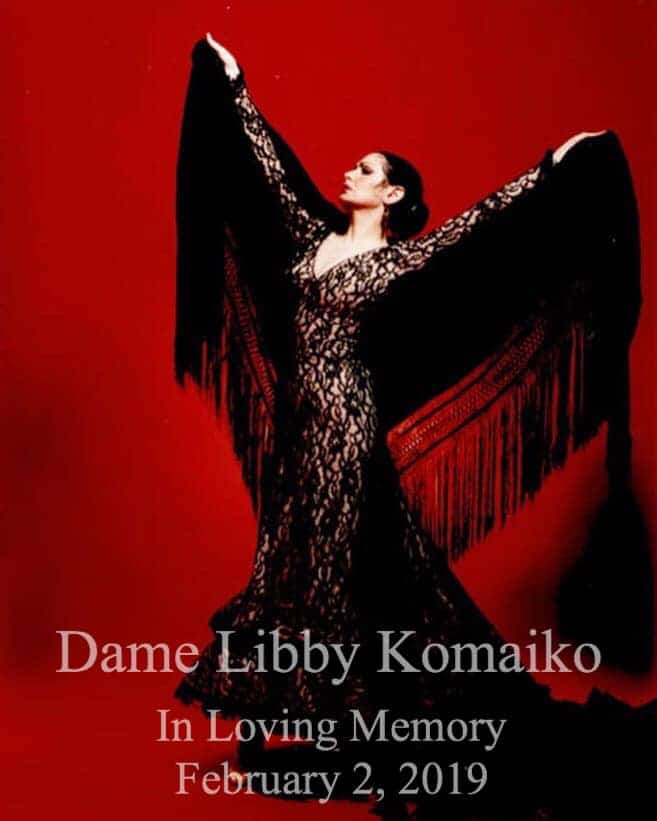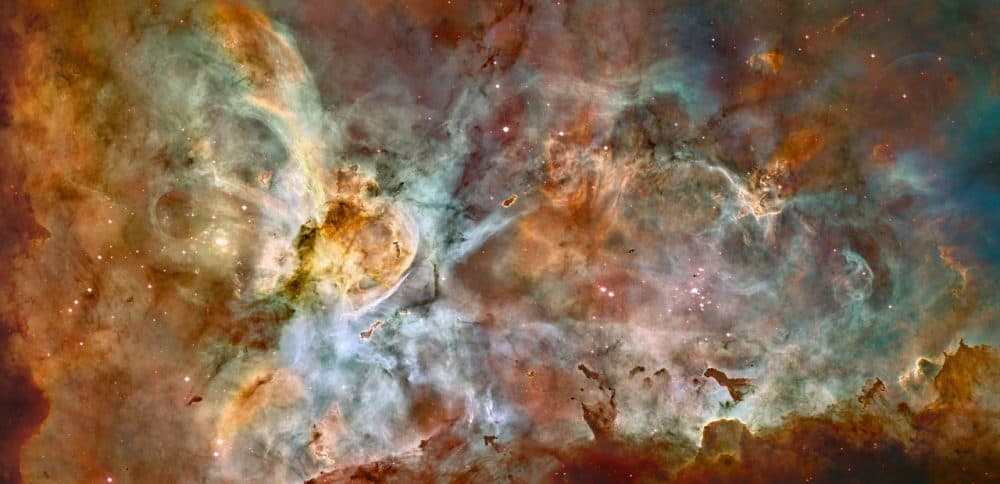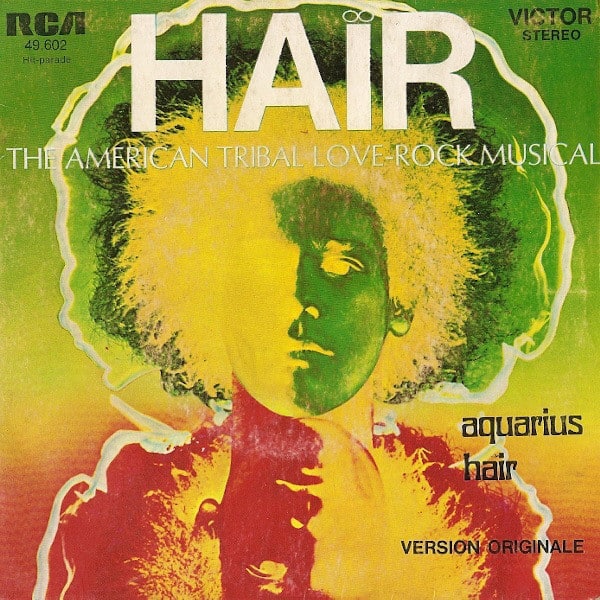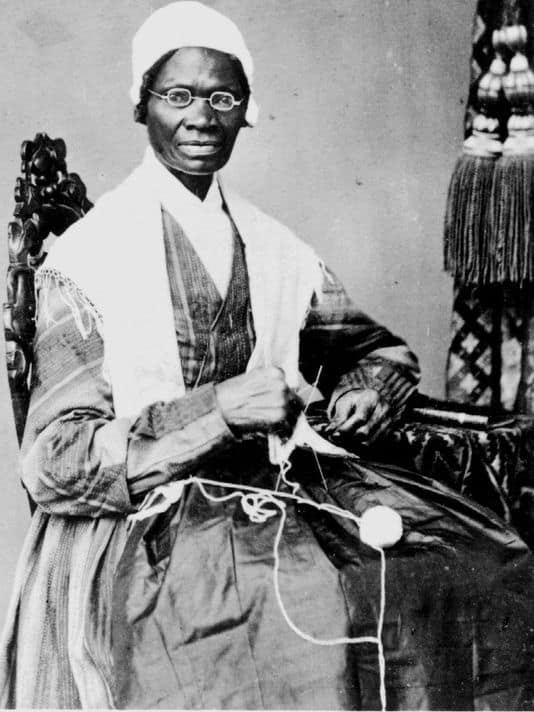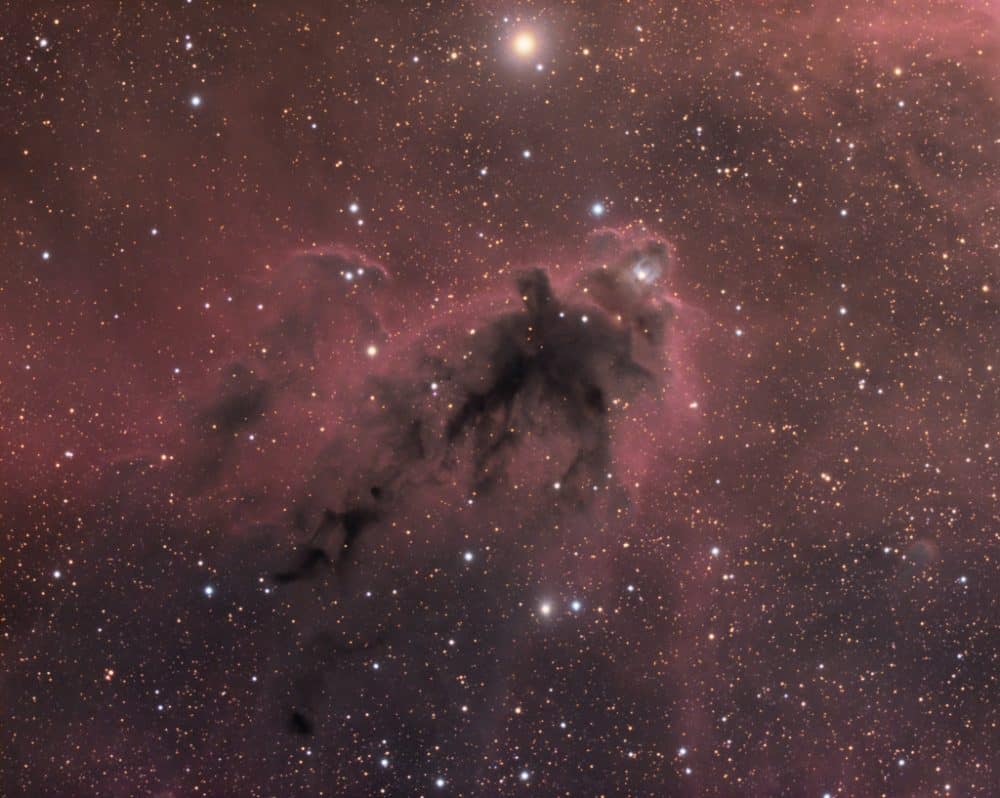Blog
John Stubblefield (February 4, 1945 – July 4, 2005) was an American jazz saxophonist, flautist, and oboist.
Stubblefield was an adaptable musician, having played with the World Saxophone Quartet (´86-´88), Reggie Workman (´89-´93), McCoy Tyner (´84 Clark), Freddie Hubbard (´85), and George Russell (´85). Stubblefield also served for a time as a jazz ensemble director at Rutgers University, following the departure of Paul Jeffrey in 1983.
more...Jutta Hipp (February 4, 1925 – April 7, 2003) was a jazz pianist and composer. Born in Leipzig in the Weimar Republic, she initially listened to jazz in secret, as it was not approved of by the Nazi authorities. After surviving World War II, she became a refugee, often lacking food and other necessities. By the early 1950s, she was a touring pianist and soon led her own bands. Critic Leonard Feather heard Hipp perform in Germany in 1954, recorded her, and organized her move to the United States the following year. Club and festival appearances soon followed, as did album releases.
For reasons that are unclear, Hipp’s last recording was in 1956; she started working in a clothing factory, and ultimately cut herself off from the music world. She remained in the United States, and worked for the clothing company for 35 years.
Hipp was born on February 4, 1925 in Leipzig in the Weimar Republic. Her family was middle class, with a Protestant background. She began playing the piano at the age of nine. She first studied painting in Germany.
more...HAIR performing Sunday February 3rd 2019
Mixed Blood Theater-2pm matinee only
Music by Stephen Houtz, JD Lee and mick laBriola
more...The Carina Nebula shows star birth in a new level of detail. The fantasy-like landscape of the nebula is sculpted by the action of outflowing winds and scorching ultraviolet radiation from the monster stars that inhabit this inferno. In the process, these stars are shredding the surrounding material that is the last vestige of the giant cloud from which the stars were born.
The immense nebula is an estimated 7,500 light-years away in the southern constellation Carina the Keel (of the old southern constellation Argo Navis, the ship of Jason and the Argonauts, from Greek mythology).
This image is a mosaic of the Carina Nebula assembled from 48 frames taken with Hubble Space Telescope’s Advanced Camera for Surveys. The Hubble images were taken in the light of ionized hydrogen. Colour information was added with data taken at the Cerro Tololo Inter-American Observatory in Chile. Red corresponds to sulfur, green to hydrogen, and blue to oxygen emission.
more...John Watson Jr. (February 3, 1935 – May 17, 1996), known professionally as Johnny “Guitar” Watson, was an American blues, soul, and funk musician and singer-songwriter. A flamboyant showman and electric guitarist in the style of T-Bone Walker, Watson recorded throughout the 1950s and 1960s with some success. His creative reinvention in the 1970s with funk overtones, saw Watson have hits with “Ain’t That a Bitch”, “I Need It” and “Superman Lover”. His successful recording career spanned forty years, with his highest chart appearance being the 1977 song “A Real Mother For Ya”.
Watson was born in Houston, Texas. His father John Sr. was a pianist, and taught his son the instrument. But young Watson was immediately attracted to the sound of the guitar, in particular the electric guitar as played by T-Bone Walker and Clarence “Gatemouth” Brown.
His grandfather, a preacher, was also musical. “My grandfather used to sing while he’d play guitar in church, man,” Watson reflected many years later. When Johnny was 11, his grandfather offered to give him a guitar if, and only if, the boy didn’t play any of the “devil’s music”. Watson agreed, but “that was the first thing I did.” A musical prodigy, Watson played with Texas bluesmen Albert Collins and Johnny Copeland.
https://www.youtube.com/watch?v=ALP4rC9F4bw&list=RDALP4rC9F4bw&start_radio=1&t=3
more...Bobby Durham (February 3, 1937 – July 6, 2008) was an American jazz drummer.
Durham was born in Philadelphia and learned to play drums while a child. He played with The Orioles at age 16, and was in a military band between 1956 and 1959. After his discharge he played with King James and Stan Hunter. In 1960 he moved to New York City, where he played with Lloyd Price, Wild Bill Davis, Lionel Hampton, Count Basie, Slide Hampton, Grant Green, Sweets Edison, Tommy Flanagan, Jimmy Rowles, and the Duke Ellington Orchestra, in which he played for only five months. While working with Basie he met Al Grey, and was a member of several of Grey’s small ensembles. He accompanied Ella Fitzgerald for more than a decade, and worked with Oscar Peterson in a trio setting.
Durham also played in trios with organists such as Charles Earland and Shirley Scott, and there was a resurgence in interest in Durham’s work during the acid jazz upswing in the 1990s. Many of Durham’s projects, both as sideman and as leader, have come due to his association with producer Norman Granz, who had him work with Ella Fitzgerald, Count Basie, Harry Edison, Flanagan, and Joe Pass. Durham has led his own combos as well; he is noted for scat singing along with his drum solos. Durham has also performed often with pop and soulmusicians such as Frank Sinatra, James Brown, Ray Charles, and Marvin Gaye.
more...Lil Hardin Armstrong (February 3, 1898 – August 27, 1971) was a jazz pianist, composer, arranger, singer, and bandleader. She was the second wife of Louis Armstrong, with whom she collaborated on many recordings in the 1920s.
Her compositions include “Struttin’ with Some Barbecue”, “Don’t Jive Me”, “Two Deuces”, “Knee Drops”, “Doin’ the Suzie-Q”, “Just for a Thrill” (which was a hit when revived by Ray Charles in 1959), “Clip Joint”, and “Bad Boy” (a hit for Ringo Starr in 1978). Armstrong was inducted into the Memphis Music Hall of Fame in 2014.
She was born Lillian Hardin in Memphis, Tennessee, where she grew up in a household with her grandmother, Priscilla Martin, a former slave from near Oxford, Mississippi. Martin had a son and three daughters, one of whom was Dempsey, Lil’s mother. Priscilla Martin moved her family to Memphis to get away from her husband, a trek the family made by mule-drawn wagon. Dempsey married Will Harden, and Lil was born on February 3, 1898. Will died when Lil was seven, though Dempsey later remarried.
During her early years, Hardin was taught hymns, spirituals, and classical music on the piano. She was drawn to popular music and later blues.
more...Saturday February 2nd 2pm & 730pm matinee & evening shows
Mixed Blood Theater-Minneapolis
Music by Stephen Houtz, JD Lee and mick laBriola
more...
“Life is a hard battle anyway. If we laugh and sing a little as we fight the good fight of freedom, it makes it all go easier. I will not allow my life’s light to be determined by the darkness around me.” Sojourner Truth
more...The silhouette of an intriguing dark nebula inhabits this cosmic scene. Lynds’ Dark Nebula (LDN) 1622 appears against a faint background of glowing hydrogen gas only easily seen in long telescopic exposures of the region. LDN 1622 lies near the plane of our Milky Way Galaxy, close on the sky to Barnard’s Loop, a large cloud surrounding the rich complex of emission nebulae found in the Belt and Sword of Orion. But the obscuring dust of LDN 1622 is thought to be much closer than Orion’s more famous nebulae, perhaps only 500 light-years away. At that distance, this 1 degree wide field of view would span less than 10 light-years. Its foreboding appearance lends this dark expanse a popular name, the Boogeyman Nebula.
more...Graham William Nash, OBE (born 2 February 1942) is a British-American singer-songwriter and musician. Nash is known for his light tenor voice and for his songwriting contributions as a member of the English pop/rock group the Hollies and the folk-rock supergroup Crosby, Stills & Nash. Nash became an American citizen on 14 August 1978 and holds dual citizenship of the United Kingdom and the United States.
Nash is a photography collector and a published photographer. He was inducted into the Rock and Roll Hall of Fame as a member of Crosby, Stills & Nash in 1997 and as a member of the Hollies in 2010.
Nash was appointed an Officer of the Order of the British Empire (OBE) in the 2010 Birthday Honours List for services to music and to charity.
Nash holds four honorary doctorates, including one from New York Institute of Technology, one in Music from the University of Salford in 2011. and his latest Doctorate in Fine Arts from Lesley University in Cambridge, Massachusetts.
more...Stan Getz (born Stanley Gayetski; February 2, 1927 – June 6, 1991) was an American jazz saxophonist. Playing primarily the tenor saxophone, Getz was known as “The Sound” because of his warm, lyrical tone, his prime influence being the wispy, mellow timbre of his idol, Lester Young. Coming to prominence in the late 1940s with Woody Herman‘s big band, Getz is described by critic Scott Yanow as “one of the all-time great tenor saxophonists”. Getz performed in bebop and cool jazz groups. Influenced by João Gilberto and Antônio Carlos Jobim, he popularized bossa nova in America with the hit single “The Girl from Ipanema” (1964).
Edward Hammond Boatner Jr. (February 2, 1924 – July 22, 1982), known professionally as Sonny Stitt, was an American jazz saxophonist of the bebop/hard bop idiom. Known for his warm tone, he was one of the best-documented saxophonists of his generation, recording more than 100 albums. He was nicknamed the “Lone Wolf” by jazz critic Dan Morgenstern because of his relentless touring and devotion to jazz. Stitt was sometimes viewed as a Charlie Parker mimic, especially earlier in his career, but gradually came to develop his own sound and style, particularly when performing on tenor sax.
Edward Hammond Boatner, Jr. was born in Boston, Massachusetts and grew up in Saginaw, Michigan. He had a musical background: his father, Edward Boatner, was a baritone singer, composer, and college music professor; his brother was a classically trained pianist, and his mother was a piano teacher. He was given up for adoption in 1924 by his father and adopted by the Stitt family in Saginaw. He later began calling himself “Sonny”. While in high school in Saginaw, he played in the Len Francke Band, a local popular swing band.
In 1943, Stitt met Charlie Parker. As he often recalled, the two men had similar styles. Parker is alleged to have remarked, “Well, I’ll be damned, you sound just like me”, to which Stitt responded, “Well, I can’t help the way I sound. It’s the only way I know how to play.” Kenny Clarke said of Stitt, “Even if there had not been a Bird, there would have been a Sonny Stitt.”
https://www.youtube.com/watch?v=qLYfJNWzwqE
more...More Posts
- World Music with Beth Carvalho
- Daily Roots with the Clarendonians
- Mayday Rehearsal 5-1-19
- Happy Mayday 2019
- The Cosmos with NGC 6543
- Shirley Horn Day
- Little Walter Day
- Ira Sullivan Day
- World Music with Romano Drom
- Daily Roots with Cedric Congo Myton
- The Cosmos with Abell 1656
- Percy Heath Day
- Reverend Gary Davis Day
- World Fusion with Les Moines Bouddhistes
- Daily Roots with the Gladiators
- The Cosmos with N11
- Ray Barretto Day
- Toots Thielemans Day
- Duke Ellington Day
- World Music with Taína Asili
